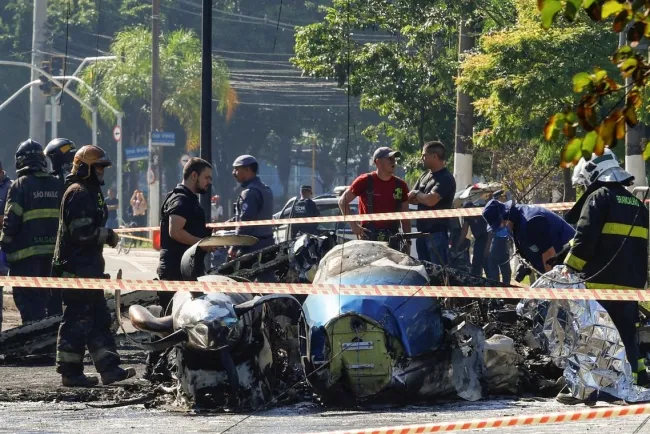Gaza Under Siege: Rising Casualties Amidst Ceasefire Negotiations
The ongoing Israeli military operations in Gaza have intensified, resulting in significant casualties as efforts for a ceasefire continue. What is the current situation on the ground, and how might international responses shape the future of the region?
As the Israeli Defense Forces (IDF) ramp up their airstrikes, the humanitarian situation in Gaza deteriorates sharply. The Gaza Civil Defense Agency reported that at least 50 people were killed in the overnight strikes, while Palestinian rescuers indicated that the toll in blockaded Gaza had surpassed 120 fatalities since the onset of renewed military actions. The strikes come as the United States and Arab mediators intensify their calls for a ceasefire to address the escalating violence.
Current Developments in Gaza
The IDF has confirmed that its air force targeted 130 locations associated with militant groups in Gaza over the last two days. Strikes in neighborhoods such as Jabalia have resulted in devastating destruction, including the targeting of a complex housing a mosque and a medical clinic, which led to the death of at least 13 individuals. Since the resumption of strikes on March 18, the health ministry in Gaza reports that the total death toll has risen to 2,876.
Israel maintains that its military actions and the suspension of aid are necessary measures to compel Hamas to release hostages taken during the conflict's initial outbreak in October 2023. However, Hamas has countered that the restoration of humanitarian aid is a prerequisite for any negotiations, firmly stating that "Gaza is not for sale." This tension highlights the complex interplay between military strategy and humanitarian needs.
International Reactions and Proposals
The situation has drawn attention from U.S. officials, with President Donald Trump recently proposing the transformation of Gaza into a "freedom zone." This suggestion has faced criticism, prompting U.S. Secretary of State Marco Rubio to acknowledge the need for a more palatable alternative while affirming the U.S. commitment to ensure aid reaches the people of Gaza without being intercepted by Hamas.
In a recent statement, Rubio emphasized the U.S. administration's sensitivity to the plight of Gazans, asserting that there are plans designed to facilitate humanitarian assistance while minimizing the risk of aid being misappropriated. The Secretary conveyed to Israeli Prime Minister Benjamin Netanyahu the U.S. administration's concerns regarding the worsening humanitarian crisis in the territory.
Escalation of Violence Beyond Gaza
In a related development, the Israeli military reported intercepting a missile launched from Yemen, attributed to the Houthi rebels. This missile reportedly targeted Tel Aviv International Airport, marking an escalation in regional tensions. The Houthis claimed their operation aimed to disrupt airport operations, which were temporarily halted as air raid sirens sounded in Jerusalem and Tel Aviv.
Conclusion
As military operations continue to escalate in Gaza, the humanitarian crisis deepens, prompting urgent calls for a ceasefire from the international community. The complex dynamics of military action, humanitarian needs, and geopolitical maneuvering present significant challenges to establishing lasting peace. While negotiations are ongoing, the prospect of a resolution remains uncertain amidst rising casualties and regional tensions. The need for a comprehensive and compassionate approach to the crisis has never been more critical, as stakeholders navigate the tumultuous landscape of Middle Eastern politics.
Stay informed on the evolving situation in Gaza and its implications for regional peace and security by following our updates.
What's Your Reaction?
















